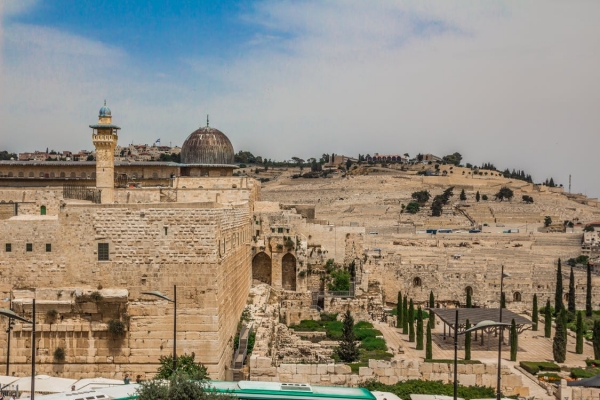UNICEF works as a subsidiary organ of the United Nations in over 190 countries and territories to save children’s lives, to defend their rights, and to help them fulfil their potential, from early childhood through adolescence.
The State of Palestine (SoP) is affected by a protracted protection crisis and currently 2.5 million people, amongst which 1.2 million children, living in the Gaza Strip and the West Bank, including East Jerusalem, need humanitarian assistance. The humanitarian situation deteriorated recently with the escalation of hostilities in the Gaza Strip in May 2021. In the West Bank, nine Palestinian children were killed between 7 May and 31 July, and 556 children were reported injured. In East Jerusalem, at least 170 Palestinian children were arrested during the same period. During the recent escalation in the Gaza Strip, 67 children were killed, and 685 were reported injured. Compounding the situation is the ongoing COVID-19 pandemic, political divisions, and protracted political conflict that has left Palestinians vulnerable to violence and lacking access to essential basic services.
Following the escalation of violence across the State of Palestine in May 2021, Child Protection and Mental Health and Psychosocial Support (MHPSS) needs have grown significantly. In the Gaza Strip, it is estimated that some 675,000 children need MHPSS services, while over 15,000 children need similar support in the West Bank, necessitating the intervention of all Child Protection and MHPSS partners. UNICEF provided response through centers with structured psychosocial and mental support and through local partners: one of these, the Child Protection Area of Responsibility and Mental Health and Psychosocial Support Working Group (CP AoR/MHPSS WG) continued to provide strategic guidance and coordination to the partners engaged in the child protection response. Moreover, UNICEF provided a response to the education crisis. Indeed, The Rapid Damage Need Assessment (RDNA), conducted after the recent escalation by the World Bank, the EU, and the UN, estimates that 116 private kindergartens and 140 public school buildings sustained damage, in addition to 41 UNRWA school buildings. A total of 5,000 children from grades 1-4 in the Gaza Strip who were at risk of dropping out due to poor performance were provided with remedial education to assist these students in achieving expected competencies in core academic skills like literacy and numeracy.
Access to safe drinking water and sanitation remains a major daily struggle for much of the population. As a result of damages to infrastructures, disruption of electricity supply and 33 health facilities damaged during the conflict, 1.3 million people in the Gaza Strip alone do not have access to adequate safe drinking water, sanitation facilities, and hygiene items. UNICEF provided safe drinking water by installing solar-powered systems, water tank rehabilitation and network upgrades. UNICEF and partners succeeded in restoring services for 415,000 affected people through the provision of fuel for generators, chemicals, and spare parts for water production and treatment, and repairs of damaged water and wastewater infrastructure.
Humanitarian access for supplies into the Gaza Strip remains a concern, with significantly decreased material availability in the local market. There is an urgent need to import some materials, especially for reconstruction projects impacted considerably by the recent hostilities. An additional challenge is the continued ban on the entry of “dual-use” materials into the Gaza Strip, which constrains the transfer of essential goods. This affects the operation and maintenance of vital water and sanitation facilities and infrastructure and the Gaza Strip’s only power plant. The lengthy importation process for supplies is also challenging the delivery of timely humanitarian assistance.
In light of the recent escalation, the 2021 Humanitarian Appeal for Children (HAC) needs have increased in order to cover the multiple humanitarian and recovery crises in the State of Palestine. UNICEF has received funding from the Governments of Japan, Norway, Iceland, Ireland, and Canada, UNOCHA, the French Committee for UNICEF, the German Committee for UNICEF, and the UNICEF Global Thematic Humanitarian Fund. However, the 2021 HAC appeal still has a funding gap of US$ 31,548,342 (68%). Without sufficient funds, UNICEF will be unable to continue to respond to the urgent humanitarian needs, support the country’s nationwide response to ongoing crises and contribute to building the resilience of communities and strengthening the national systems.
To learn more, please read:
Author Jasmina Saric; Editor Gianpaolo Mascaro







